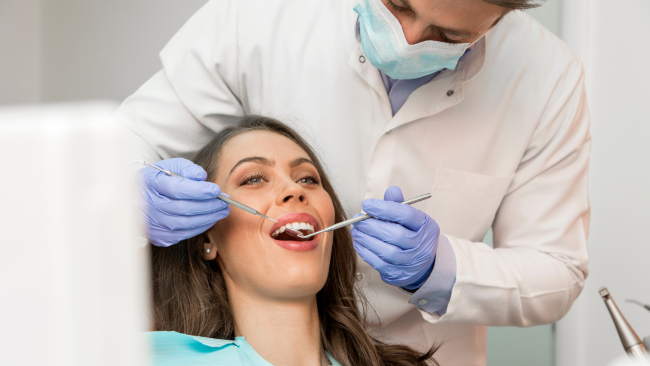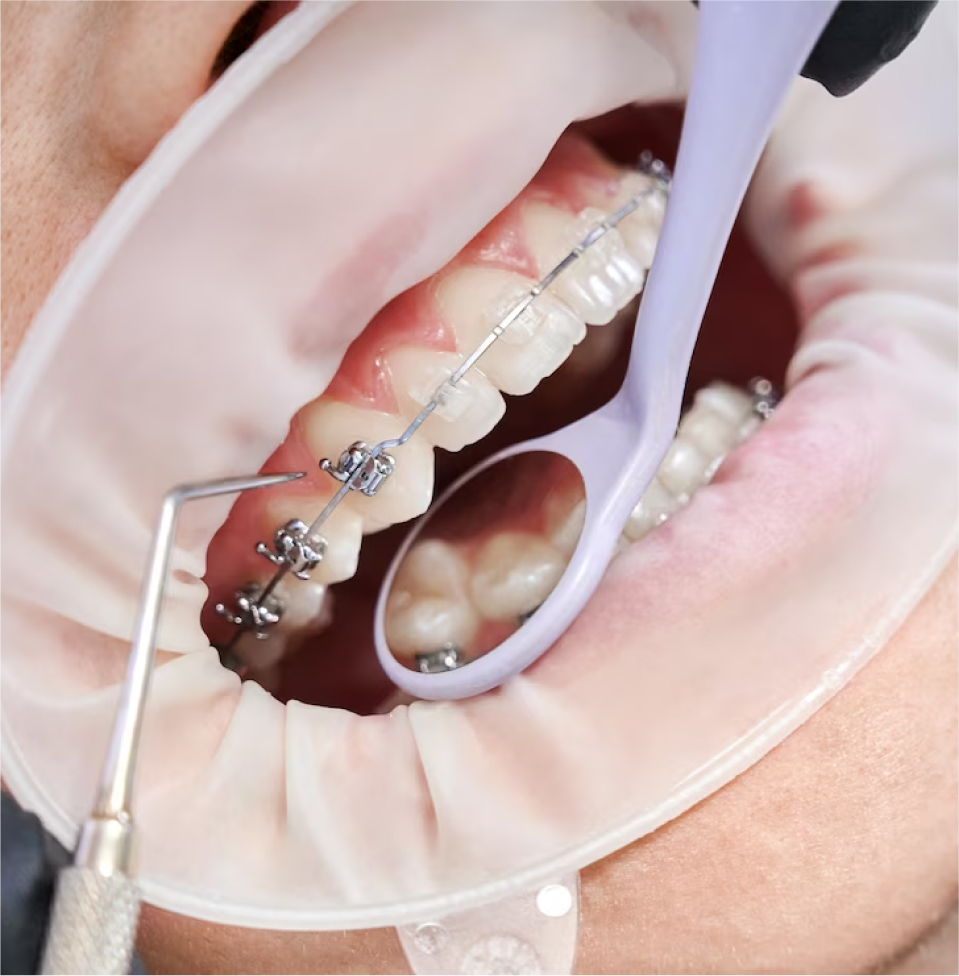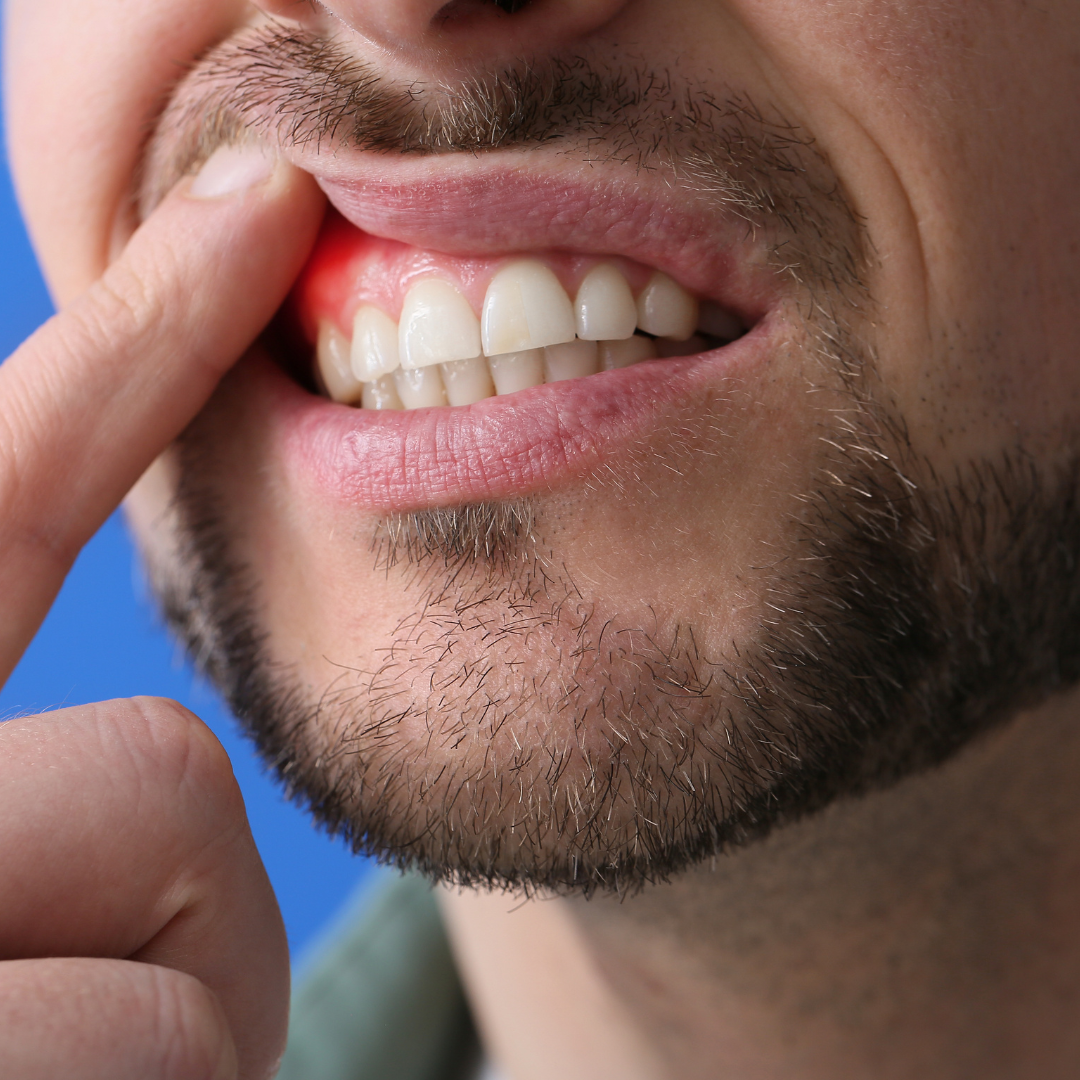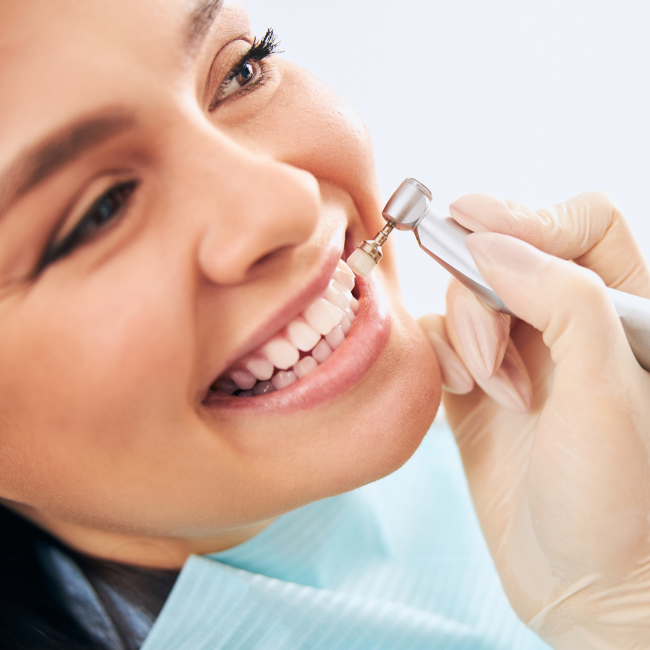Teeth cleaning is an important part of keeping your mouth and smile healthy, yet many people don’t do it regularly. We understand that life can be busy with work, school, family, friends, and hobbies, but keeping your teeth in good shape can prevent painful problems that will take even more time to address. Here are some commonly asked questions about teeth cleaning:

What is Teeth Cleaning, and Why is it Necessary?
Teeth cleaning is an essential step to good oral hygiene because it removes plaque, a sticky coating that you might notice on your teeth when you first wake up in the morning. The stickiness is created by bacteria that live in your mouth and sometimes colonize the teeth. By producing a sticky film, these bacteria can live on the teeth’s surfaces.
What about brushing and flossing?
These habits are also important because they break up these bacterial colonies and remove the sticky coating. However, brushing can’t reach under the gums, and plaque can grow there as well. Unfortunately, brushing won’t get rid of all bacteria, and over time, plaque can harden into tartar, which thrives along the gumline and is even more difficult to remove. Tartar often results in staining or discoloration of the teeth and contributes to decay.

How Does a Deep Teeth Cleaning Work?
When we clean your teeth, we start with a quick examination. The oral hygienist will ask about your health and if you are having any problems with your teeth. They might take X-rays, depending on how recently you’ve had them done and if you have any current issues with your teeth. If not, the hygienist will look at your teeth and make note of any potential areas of concern for the dentist. Next, the cleaning will begin. The oral hygienist uses a small tool to gently scrape plaque and tartar off each tooth. This process is not painful, but some people find it boring, so you’re welcome to bring earbuds and listen to music or a podcast to pass the time.
After removing plaque, the hygienist will quickly polish the teeth to help improve their appearance and remove any remaining plaque or tartar. They will follow up by flossing thoroughly to remove any plaque and tartar below the gum line, then allow you to rinse your mouth.
If you had a lot of plaque and tartar, the hygienist may give you a fluoride treatment to strengthen your teeth, as well as advice about oral hygiene. For example, they often urge patients to brush and floss more frequently and/or thoroughly. Because many people unknowingly brush incorrectly, your hygienist may demonstrate brushing or flossing techniques to help you get your teeth cleaner.
After completing this portion, the dentist will come in to check your teeth. If you’ve had X-rays taken, the dentist will check them for signs of potential decay or other dental problems. If not, they will move on to the next step, examining your teeth up close. This usually doesn’t take very long, unless the dentist spots a significant issue. If there are signs of decay or infection, your dentist will schedule you to come back for restorative work, such as a filling, root canal, crown, or extraction.
How Can You Find a Good Teeth Cleaner?
Give us a call at Great Care Family Dentistry today. Our oral hygienists and dentist are experienced in high-quality dental care and will give your smile the attention it deserves.
What Happens if You Don’t Do Teeth Deep Cleaning Regularly?
Without regular cleanings, plaque and tartar can build up, even with good brushing and flossing efforts. This puts you at an increased risk of several dental and health problems.
Cavities and Tooth Decay
Sometimes enough bacteria collect on a tooth to cause an area of decay or a tiny hole called a cavity. Once a cavity occurs in the tooth, it won’t go away on its own, and will slowly expand until it can be seen with the naked eye. With regular cleanings, your dentist will find these small cavities and treat them before they can cause more serious problems.
However, if a cavity goes unchecked, the decay may eventually eat through the two outer, hard layers of the tooth and into the core, called the pulp. This pulp is a collection of nerves, blood vessels, and connective tissue inside the tooth, and an infection in this area can cause a high degree of pain. As the infection grows, you may feel a throbbing pain and sensitivity to heat, cold, and sweet foods in that tooth. If you have these symptoms, please call a dentist right away, as the pain is likely to get worse if you wait.
Occasionally a pulp infection, or pulpitis, can be reversible, but in most cases, it is not. Then there are two options: A root canal or an extraction. A root canal, in which we remove the diseased tissue and hollow out both the pulp and the root canal below it (hence the name), is preferable because it preserves your tooth. Extracting the tooth is a quicker procedure, but you will be left with an empty space that could affect your bite, and in some situations, may make it more difficult to chew. However, in some cases, a root canal is not a good solution and extraction might be the best option.


Gum Disease
As we mentioned earlier, tartar often collects along the gum line. When too much tartar and plaque are deposited near the gums, they may become inflamed, forming pockets that fill with more tartar, plaque, and food. Not surprisingly, this creates more inflammation and gum disease, which increase your risk of tooth and bone loss because the teeth are rooted in the gums.
Bad Breath
In addition to tooth decay and gum disease, the bacteria that cause plaque and tartar can also cause a strong odor. Trying to mask it with gums or mints will not work, but a thorough tooth cleaning can break up these colonies of bacteria, and the odor will go away.
Oral Cancer Risk
Because your dental hygienist performs an oral cancer check at every cleaning, we can catch oral cancer early when it is easier to treat successfully.
Pregnancy Complications
Some people are surprised to learn that tooth decay can affect their pregnancy, but it’s true. Pregnant patients have a higher risk of tooth decay, gum disease, and infections due to hormonal changes during pregnancy. Without regular cleanings, decay or infection could go unnoticed, then quickly spread to the bloodstream. In some cases, this can lead to complications like premature birth or low birth weight. Fortunately, regular cleanings can help prevent decay and infections and catch any problems that develop early.
Is a Tooth Cleaning Covered by Dental Insurance?
Many dental insurance policies typically provide full coverage for two cleanings per year, with the possibility of a small deductible before the first one is covered. For any inquiries regarding your insurance coverage, please don’t hesitate to contact our office. Our knowledgeable staff is always ready to assist you and address your concerns.


Schedule a Dental Cleaning in Gwinnett Today
Please contact us at Great Care Family Dentistry to schedule a dental cleaning for you or your child. Our staff is standing by to assist you.